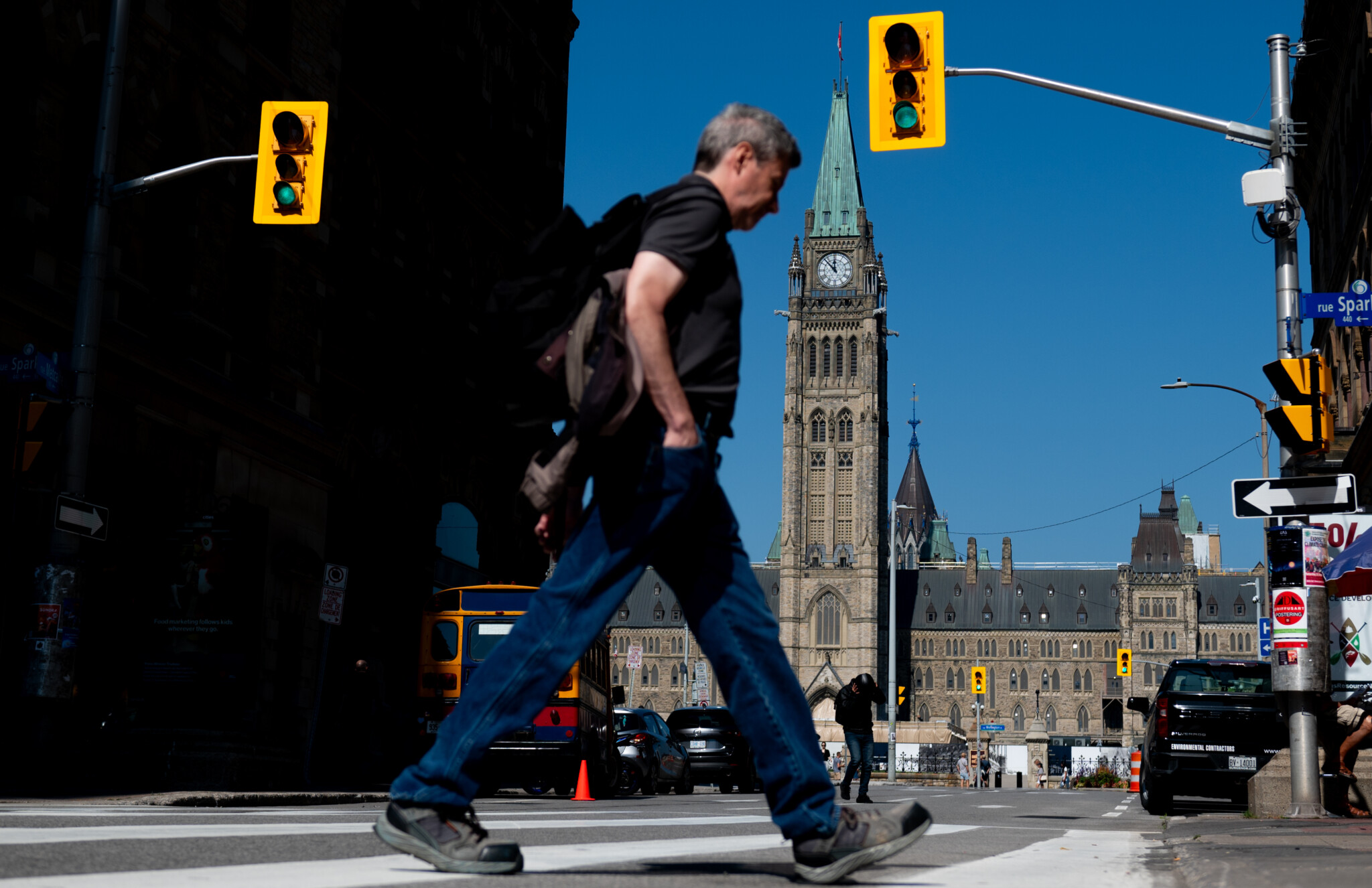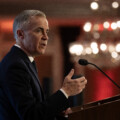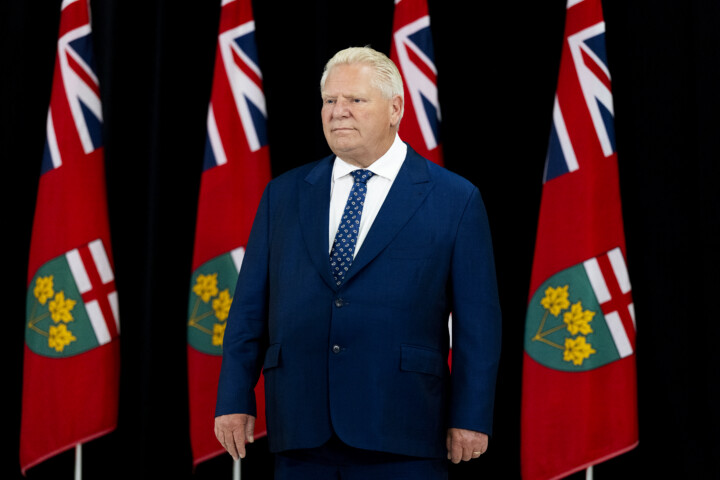Mexican President Porfirio Díaz once lamented, “Poor Mexico, so far from God, so close to the United States.” Canada never had cause to echo his lament—until now. Our relations with America were always more collegial, more respectful, and more mutually beneficial than those between Mexico and America. We and Mexico are now in the same boat.
And we seem ill-prepared for the voyage. The country is divided and leaderless, our finances are infirm, and our economic reliance on America is virtually absolute. We are being treated with disrespect, verging on open contempt, by our overbearing neighbour, and among the other nations, we find ourselves unusually friendless at present.
For the first time since the Second World War, it is going to take serious sacrifices to be Canadian. It is likely to be a hard road ahead, and it is unclear if the population has the will to unify in the face of brutal economic and political aggression by its largest customer and supplier.
And yet…
In his writings, management theorist Peter Drucker argues that in every organization, senior people know exactly what needs to be done in order to vastly improve performance. It’s just too painful and difficult to do it. Usually, only in times of crisis are these painful measures introduced.
There are signs that Canada is in that position today. Canada is a ramshackle country built on compromises and deals to try to keep everyone happy. We never succeed. But every now and then, a hitherto satisfactory deal becomes unsustainable and must be abandoned or renegotiated.
In the late 1980s, the branch plant economy that grew up in Canada after the Second World War was abandoned and continental free trade was introduced. Some years of painful readjustment were required but generally, it prepared the country fairly well for the globalization period from 1995 to 2015. Government finances were stabilized, and economic growth was decent if unremarkable.
Today we are looking at Canadian sacred cows and contemplating culling the herd. Just about everything is on the table: supply management, interprovincial trade barriers, immigration and refugee policy, defence and security, trade diversification, and taxation policy. There is a lot of low-hanging fruit here.
But, of course, we are at a difficult place politically, with Parliament prorogued, a prime minister with seven weeks left in his job, a new prime minister in the offing, a government well past its best-before date, and an opposition tasting blood in the water for the earliest possible election.
My honoured friend Prem Watsa of Fairfax Financial has a saying: “Anything is possible as long as nobody cares who gets the credit.” That attitude among Canadian politicians could help our country a great deal right now.
There is a very Canadian, almost invisible, motto on our national coat of arms. Across the red ribbon reads Desiderantes Meliorem Patriam. Taken from St. Paul’s Epistle to the Hebrews—written in Latin to avoid offending either English or French—it translates to: “They desire a better country.”
It is very Canadian because it isn’t grandiose and doesn’t ask for much—just improvements and ameliorations where possible.
The current trade crisis has opened the possibility for us to do some of those difficult things that will make us a better country.
Do you believe in that motto, you political party leaders? If so, pick some items from the list and get them done. Together. And soon. Or we may have no country at all.
A version of this post originally appeared at burgundyasset.com








